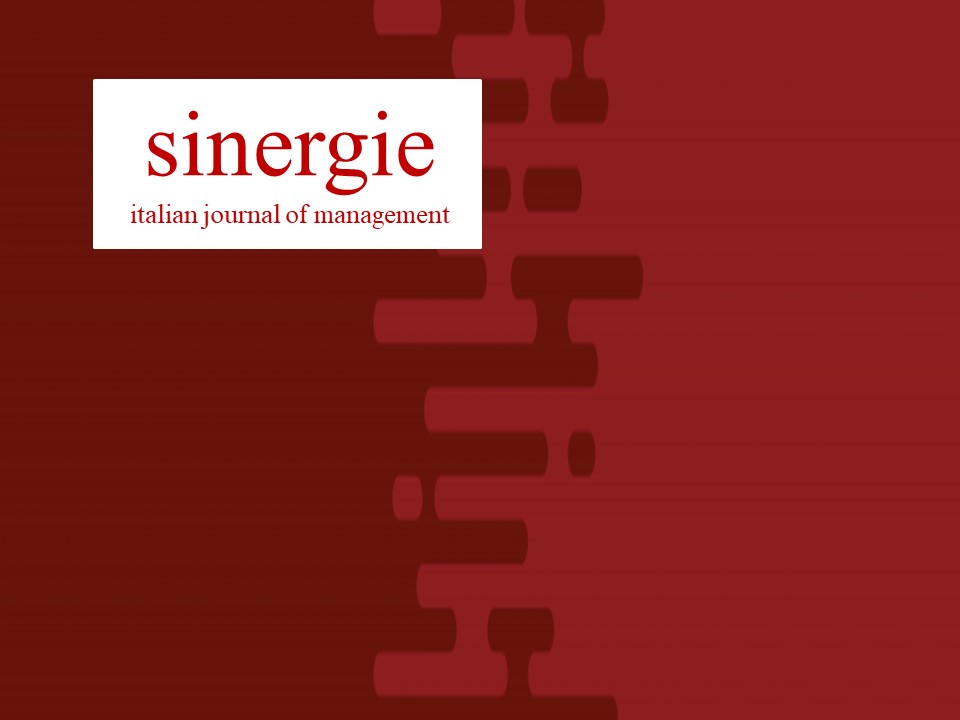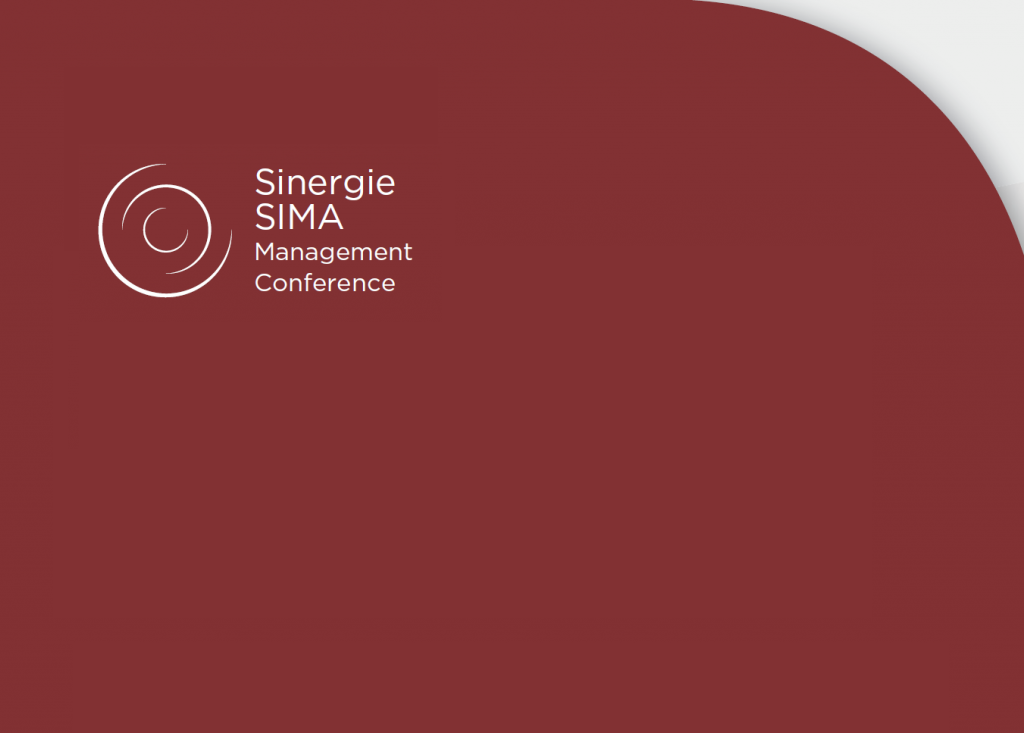The contribution of Italian cultural blogs to heritage valorization
Purpose of the paper: Available studies have often reported a gap between the supply and the (potential) demand for cultural products. Ineffective communication is often mentioned as one of the main reasons for this mismatch: such communication is unidirectional and uses a technical language which is understandable only by a niche public. The purpose of this study is to investigate whether cultural blogs (in particular organizationally unaffiliated blogs acting as intermediaries between the suppliers and the consumers of cultural products) are able to assist their readers to decide which cultural products to consume. A theoretical model to describe this effect is developed and tested.
Methodology: This research is based on data collected through a survey among the readers of two Italian cultural blogs. Structural equation modelling is used to analyse the data.
Findings: The findings demonstrate that cultural blogs influence their readers’ selection and consumption of cultural products. The results also show that this effect is the result of both utilitarian and hedonic benefits provided to the reader by the cultural blog.
Research limits: The analysis is based on data collected among the readers of only two Italian cultural blogs. In addition, the sample size is limited. Further studies are needed to generalize the results.
Practical implications: The study has implications for both cultural bloggers and the organizations supplying cultural products (such as museums). For cultural bloggers, the analysis shows the importance of balancing the informative contents of their blogs with enjoyment opportunities for the readers. In addition, this study suggests that the suppliers of cultural goods should cooperate with cultural bloggers because if their products are reviewed in those blogs they will have more chances of being selected by readers.
Originality of the paper: To our knowledge, this is the first national and international scientific study to empirically test the effects of cultural blogs on readers’ behaviour


